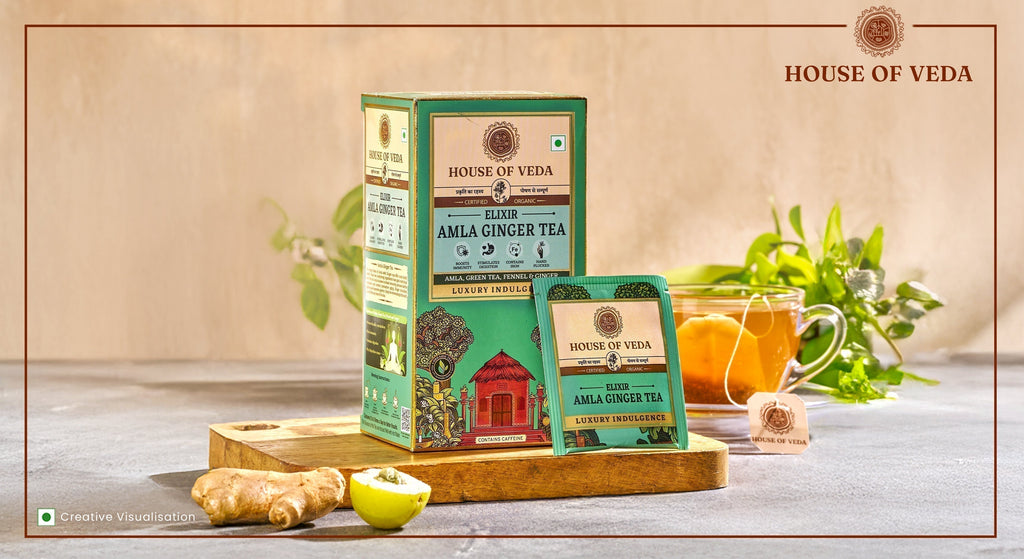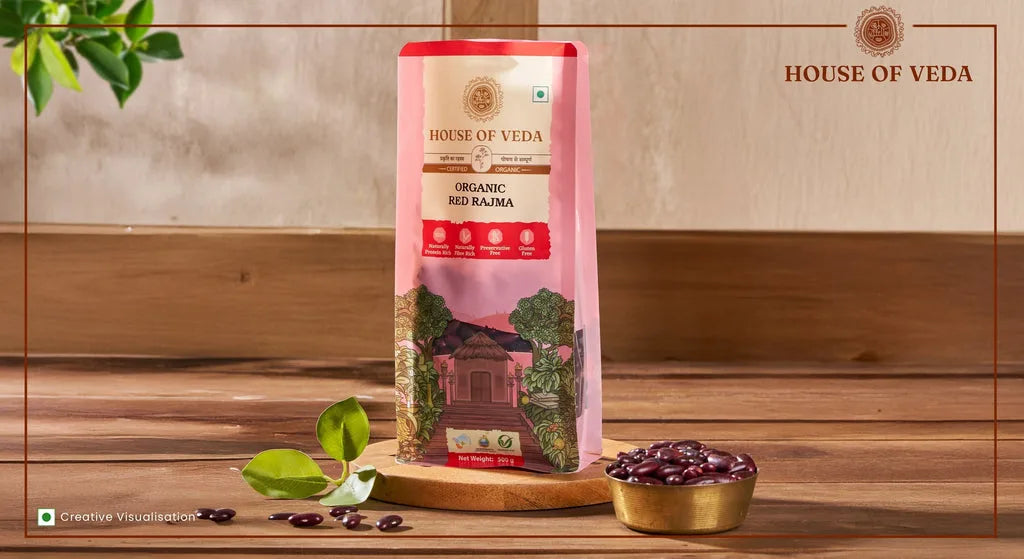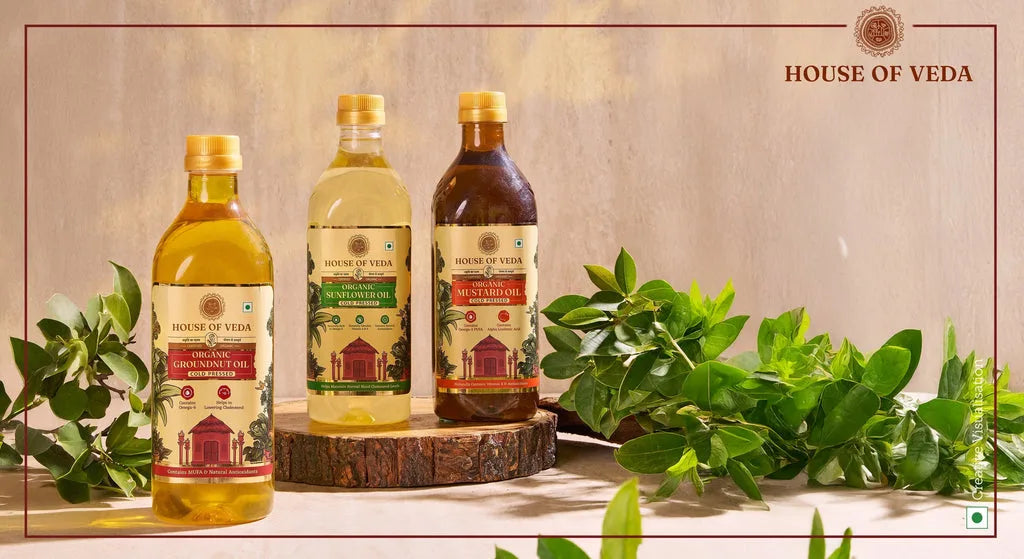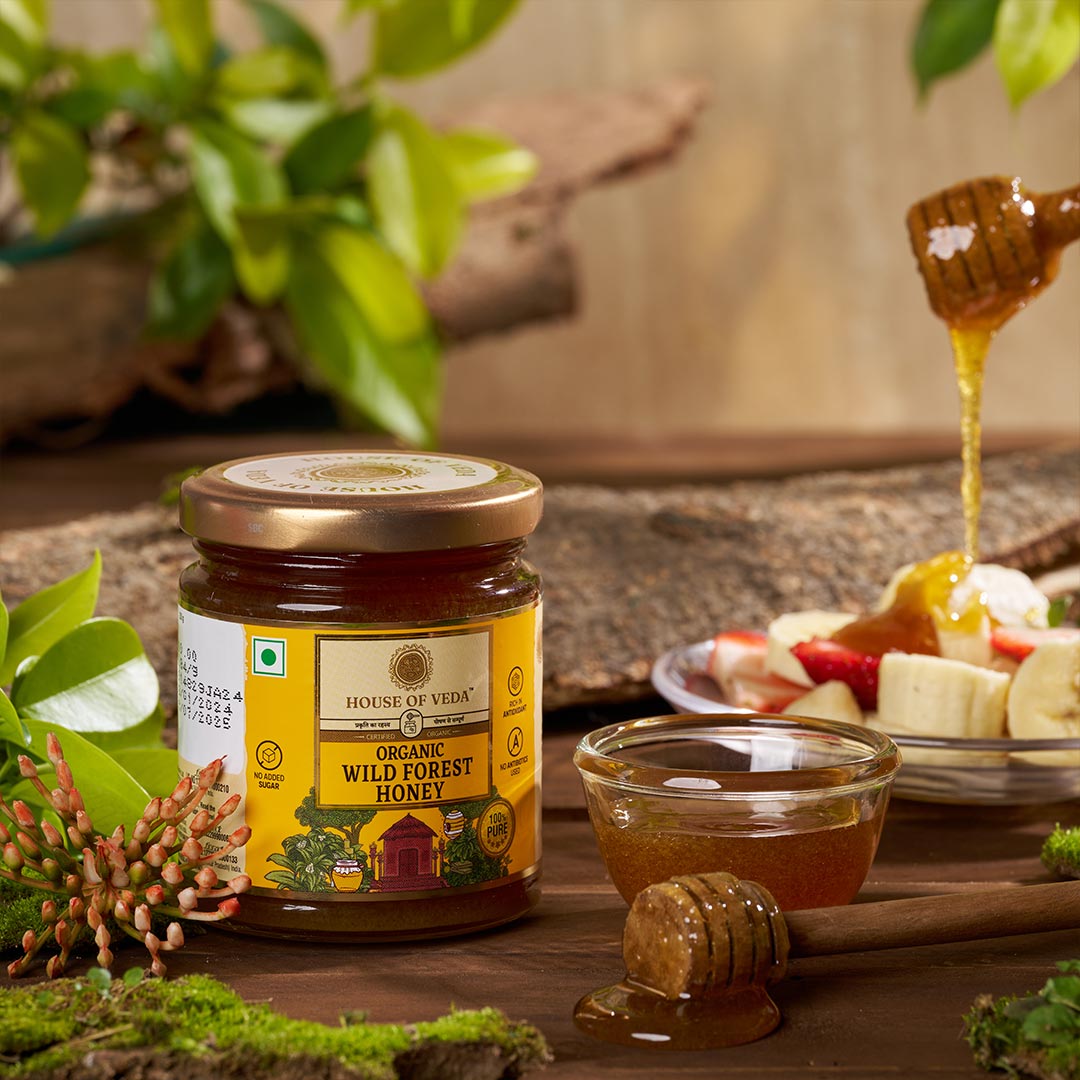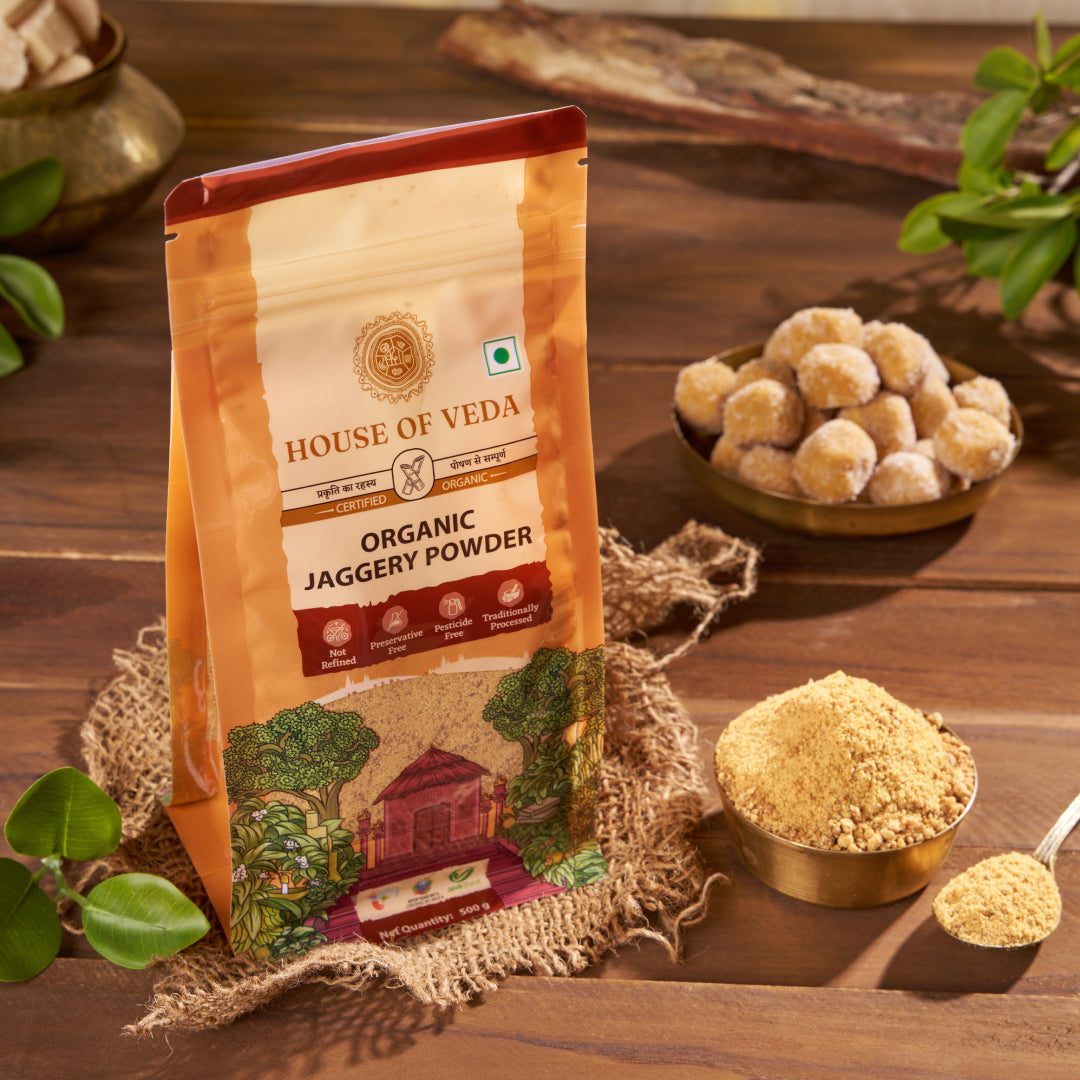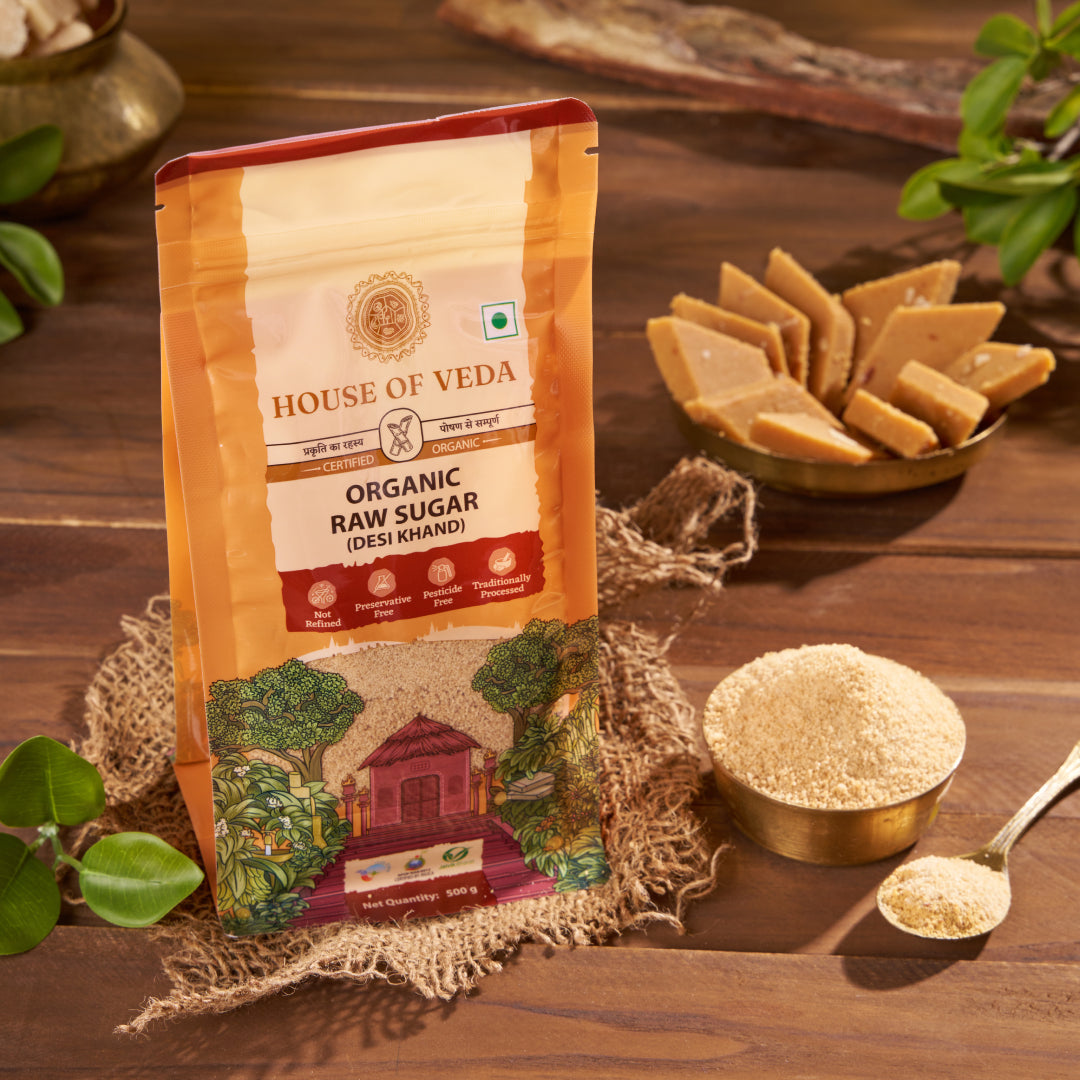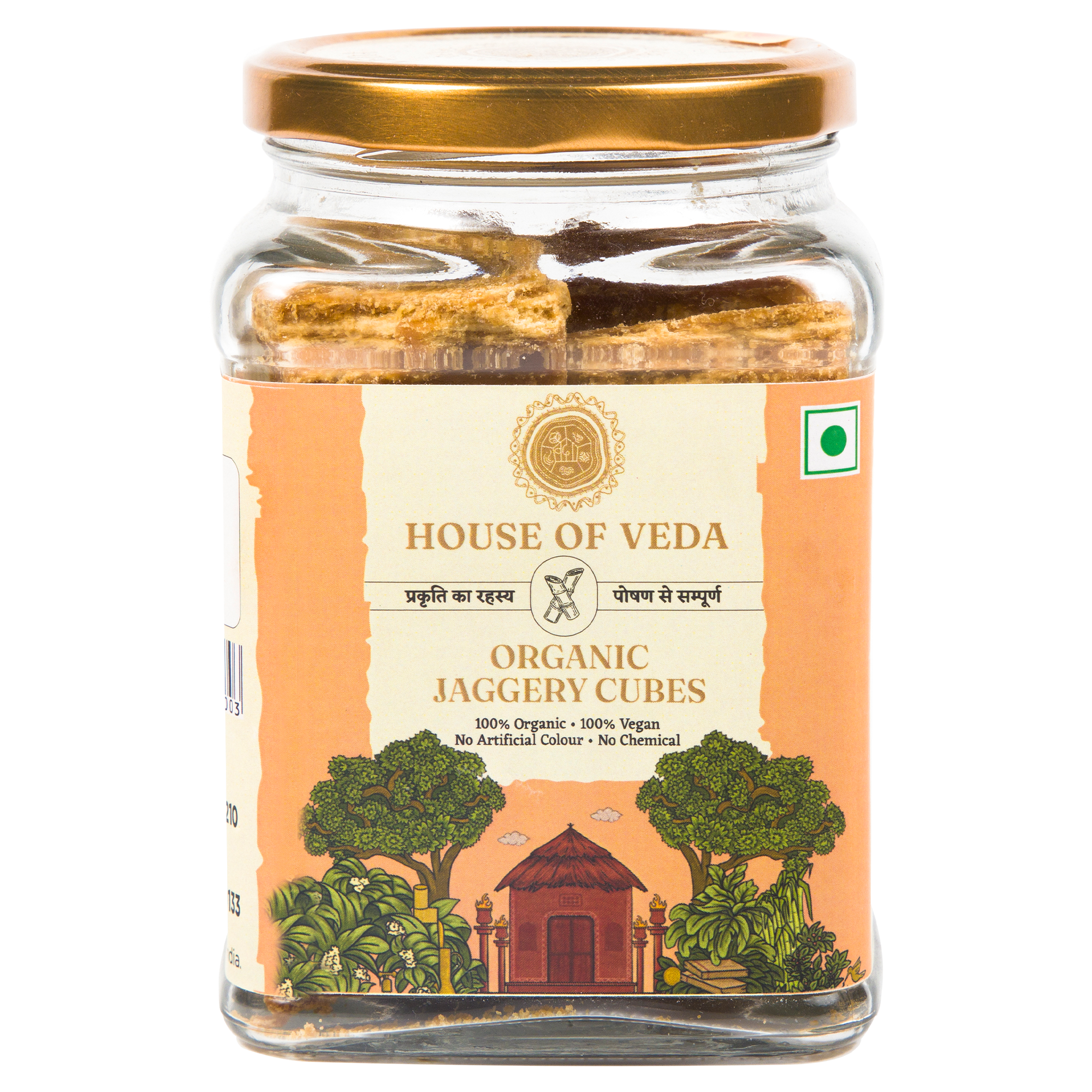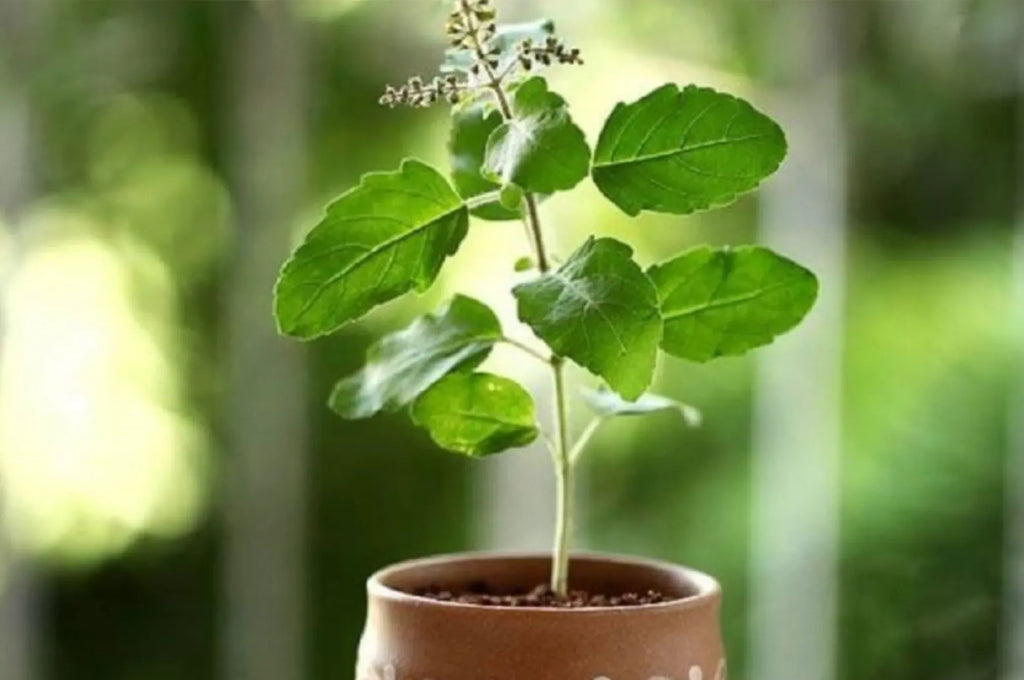
Health Benefits of Tulsi: The Holy Basil for Daily Wellness

In the realm of Ayurveda and Indian households, few herbs hold as sacred a status as Tulsi which is also known as Holy Basil. Scientifically referred to as Ocimum sanctum or Ocimum tenuiflorum, Tulsi is more than just a medicinal plant. It is a symbol of health, wellness, and spiritual purity. Found in almost every Indian home, often grown in earthen pots, Tulsi has been worshiped for centuries.
Beyond its religious significance, modern wellness trends are now rediscovering Tulsi’s wide array of health benefits. It is known to improve immunity and support mental clarity. Tulsi's importance has transcended traditional boundaries, finding its way into herbal teas, essential oils, dietary supplements, and even skincare and dental hygiene products. This ancient herb, with its multidimensional properties, stands as a true testament to nature’s pharmacy.
Types of Tulsi and Their Unique Benefits

There are several varieties of Tulsi, but the three most used for health and wellness are:
1. Krishna Tulsi (Black Tulsi)
- Appearance: Purplish leaves with a sharper, peppery taste.
- Benefits: Known to contain higher levels of antioxidants, this type is especially beneficial for respiratory ailments, inflammatory issues, and regulating blood sugar levels. Its potent properties make it a staple in Ayurvedic remedies for asthma, bronchitis, and even seasonal allergies.
- Best for: Immunity support, respiratory health, and managing metabolic disorders.
2. Rama Tulsi (Green Tulsi)
- Appearance: Light green leaves with a gentle aroma and mild taste.
- Benefits: This is the most common variety grown in Indian homes. It is widely appreciated for its soothing and calming effects on the nervous system. Rama Tulsi is excellent for skincare, digestion, and reducing everyday stress.
- Best for: Stress relief, improving digestion, and skin health.
3. Vana Tulsi (Wild Tulsi)
- Appearance: Native to the forests of India, this Tulsi has larger leaves with a more robust flavor and aroma.
- Benefits: Known for its rejuvenating and energizing properties, Vana Tulsi boosts stamina, supports the liver, and enhances vitality. It’s a common ingredient in energy-boosting herbal infusions.
- Best for: Enhancing vitality, detoxification, and liver support.
Blends of all three types are often found in high-quality Tulsi teas and supplements to maximize health benefits.
Nutritional Value of Tulsi Leaves
Tulsi’s therapeutic value is attributed to its rich profile of phytochemicals, vitamins, and minerals that work together to restore balance in the body.
Key Active Compounds:
- Eugenol: Acts as a pain reliever and anti-inflammatory agent, useful for headaches, arthritis, and muscle pains.
- Ursolic Acid: Possesses antimicrobial, anti-cancer, and anti-aging properties.
- Apigenin & Luteolin: Potent antioxidants that help in fighting oxidative stress and free radical damage.
- Rosmarinic Acid: Effective in combating seasonal allergies and promoting brain function.
- Vitamin C & A: Strengthen immunity, improve vision, and promote collagen synthesis for skin health.
- Zinc & Iron: Essential minerals that support cellular repair and boost energy levels.
In Ayurveda, Tulsi is classified as a rasayana herb—a rejuvenator that nourishes and strengthens all bodily tissues. Regular consumption of Tulsi is believed to balance the three doshas (Vata, Pitta, and Kapha), leading to optimal wellness.
Top 10 Health Benefits of Tulsi

Let’s dive into the top health benefits of Tulsi and understand why it deserves a permanent spot in your wellness routine.
1. Boosts Immunity Naturally
Tulsi is revered for its immune-modulating effects. It enhances the activity of T-cells and natural killer cells in the body. Regular intake of Tulsi tea or raw leaves can significantly reduce your chances of common infections such as colds, flu, and fever.
2. Effective Remedy for Cough and Cold
Acting as a natural expectorant and mucolytic, Tulsi helps in expelling phlegm from the chest. It provides relief from sore throat, dry cough, and congestion. You can prepare a traditional kadha using Tulsi, ginger, cinnamon, and cloves to soothe respiratory discomfort.
3. Supports Respiratory Health
Tulsi has bronchodilator properties that help improve airflow to the lungs. It reduces symptoms of chronic respiratory diseases such as asthma and bronchitis. Tulsi oil or steam inhalation can help open sinuses and ease breathing.
4. Promotes Glowing and Clear Skin
Tulsi fights acne-causing bacteria, calms inflammation, and detoxifies the skin. It helps in controlling oil production and reducing blemishes. Mix crushed Tulsi leaves with rose water and apply it as a face pack to purify your skin naturally.
5. Tulsi as a Stress Reliever
A natural adaptogen, Tulsi helps the body adapt to physical and emotional stress. It balances cortisol levels and promotes mental clarity. Drinking Tulsi tea regularly enhances mood, focus, and resilience to everyday anxiety.
6. Natural Detoxifier and Liver Cleanser
Tulsi purifies the blood and promotes efficient liver function. Its antioxidant content aids in the breakdown and removal of harmful toxins from the body. A Tulsi detox drink made with lemon and honey can be a perfect morning cleanser.
7. Helps Control Blood Sugar Levels
Research has shown that Tulsi improves glucose metabolism and insulin sensitivity. Consuming Tulsi in powder or extract form can help regulate blood sugar spikes, making it beneficial for diabetic management.
8. Aids in Digestion and Gut Health
Tulsi increases digestive enzyme secretion, reduces gas formation, and alleviates stomach discomfort. It also helps in maintaining a balanced gut flora, contributing to better absorption of nutrients.
9. Supports Oral and Dental Hygiene
Tulsi’s antimicrobial properties protect against plaque, gingivitis, and oral ulcers. It’s commonly used in Ayurvedic mouth rinses and toothpastes. Chewing Tulsi leaves or gargling with Tulsi water can keep your mouth fresh and healthy.
10. Encourages Hair Growth and Scalp Health
Tulsi improves scalp circulation, strengthens hair roots, and reduces dandruff. Tulsi-infused oil or a hair mask can help in treating itchy scalp and promote shiny, thick hair.
House of Veda Popular Tulsi Teas You Can Enjoy Daily
In today’s fast-paced world, not everyone has the time to pluck fresh Tulsi leaves or brew elaborate herbal concoctions. This is why, House of Veda has introduced it in the easiest brewing form.
Tulsi Green Tea Honey Lemon
- Best For: Detoxification, immunity boost, and soothing sore throats.
- Benefits: Combines the antioxidants of green tea with the healing properties of Tulsi and the antimicrobial effects of honey and lemon.
- How to Consume: Steep one tea bag in hot water for 3–5 minutes. Add a slice of lemon for extra zing. Perfect for morning refreshment.
Tulsi Green Tea Lemon Ginger
- Best For: Digestive support and boosting metabolism.
- Benefits: Ginger enhances digestion and reduces bloating, while lemon and Tulsi cleanse and rejuvenate.
- How to Consume: Ideal as a mid-morning beverage or after heavy meals. Sip slowly to aid digestion.
Classic Tulsi Green Tea
- Best For: Daily wellness and antioxidant support.
- Benefits: A clean and calming blend that alleviates stress, enhances focus, and supports a healthy metabolism.
-
How to Consume: Suitable for any time of day. Best enjoyed in the evening as a relaxing cup.
Tulsi vs Basil: Are They the Same?

Although Tulsi and sweet basil belong to the same botanical family (Lamiaceae), they differ in chemical composition, medicinal use, and cultural significance.
|
Feature |
Tulsi |
Sweet Basil |
|
Botanical Name |
Ocimum sanctum |
Ocimum basilicum |
|
Origin |
Indian Subcontinent |
Mediterranean Region |
|
Taste |
Spicy, Pungent |
Sweet, Clove-like |
|
Use |
Medicinal, Spiritual |
Culinary (Pesto, Soups) |
Key Differences:
- Tulsi is more therapeutic with adaptogenic, anti-inflammatory, and antimicrobial actions.
- Sweet basil is primarily used for its flavor in cooking.
- Tulsi is used in religious rituals, unlike culinary basil.
Precautions and Who Should Avoid Tulsi
While Tulsi is generally safe, overconsumption or use without medical supervision may cause unwanted effects in some individuals:
- Pregnant and Breastfeeding Women: May affect reproductive hormones; avoid high doses.
- People on Anticoagulants: Tulsi may thin the blood and increase bleeding risks.
- Diabetics on Medication: Monitor blood sugar levels regularly to prevent hypoglycemia.
-
Autoimmune Conditions: Tulsi boosts immune activity; consult a doctor before use.
Conclusion: Why Tulsi Deserves a Place in Your Daily Routine
From ancient Ayurvedic scriptures to modern scientific research, Tulsi has proven its place as a supreme herb in promoting well-being. Its myriad benefits span immunity, respiratory health, skin, stress relief, and more.
Cultivating a Tulsi plant at home is not just about heritage—it's about embracing a holistic lifestyle. Its use in teas, essential oils, topical applications, and supplements makes Tulsi incredibly versatile.
Incorporate Tulsi into your daily regimen for a natural, accessible, and effective way to stay healthy, grounded, and energized.
FAQs
1.What are the uses of Tulsi leaves daily?
Tulsi leaves can be chewed raw, infused in teas, or used in water detox drinks. Regular use promotes immunity, digestion, and mental clarity.
2.Can I eat raw Tulsi leaves every day?
Yes, eating 4–5 fresh leaves daily is considered safe and beneficial. Avoid chewing with metal objects as Tulsi has mercury that may react.
3.Is black Tulsi more effective than green Tulsi?
Black Tulsi (Krishna Tulsi) has higher antioxidant content and is more potent in respiratory and metabolic health, but both types are highly beneficial.
4.What is Tulsi Ark and how do I use it?
Tulsi Ark is a concentrated liquid extract of Tulsi leaves. Add 2–3 drops to water or tea daily for immunity, stress reduction, and detoxification.
House of Veda stands by the V-E-D-A principles. Every blog we write and every product we offer is built on Verified Experience and Expertise. We are committed to Dependability and Authenticity, ensuring that our community receives nothing but the best in organic wellness."
"V-E-D-A" (Experience, Dependability, Authority, and Authenticity)


